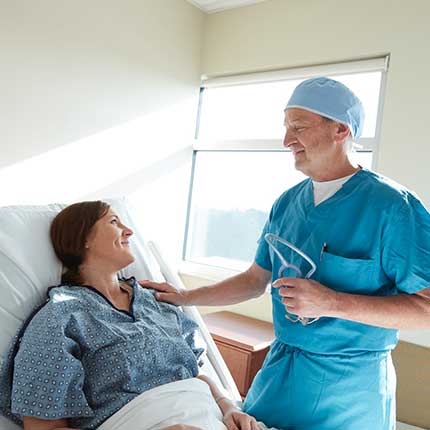Who is at Risk for Colon Cancer?

Both men and women are equally at risk for colon cancer. While this type of cancer is most common in people aged 50 and older, it can occur in teens and young adults. The reason regular colon health screening is so important is because more than 75 percent of colon and rectal cancers happen to people with no known risk factors. Below are some additional risk factors to consider.
Risk Factors for Colon Cancer:
- Family History of Colorectal Cancer and some other linked types of cancer
dividuals within families with known colorectal cancers have a 15 to 20 percent higher risk of developing this type of cancer. Also uterine, ovarian cancers among other are linked type of cancers in the case of Lynch Syndrome. - Diet
Processed meat, red meat, organ meat, refined flour and sugary drinks are among the foods linked most to cancer-related inflammation. Limit consumption to lower your overall risk. - Tobacco Use
Not only do smokers have a higher risk of developing colon cancer, there is an increased risk of dying from the disease. Additionally, a study has found that people who have smoked are 23 percent more likely to die or have their cancer return within three years than nonsmokers who had colon surgery. - Heavy Alcohol Intake
A higher risk of cancers of the colon and rectum has been linked to heavy alcohol use, and while studies have shown evidence of this is generally stronger in men than in women, the link exists for both sexes. - Previous personal history of colon cancer, polyps or certain types of colitis.
Patient who developed colon cancer in the past or had significant polyps or those with a diagnosis of inflammatory bowel disease tend to carry higher risk of colon cancer. Periodic surveillance is essential.
To find a DMC physician or gastroenterologist, visit DMC.org/find-a-doctor or call 313-577-7261.


